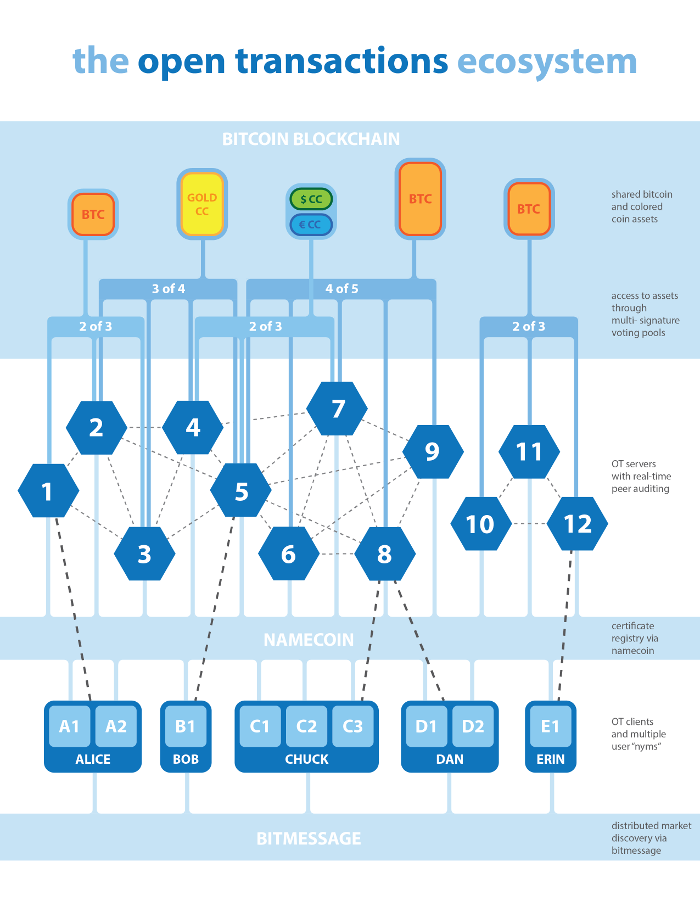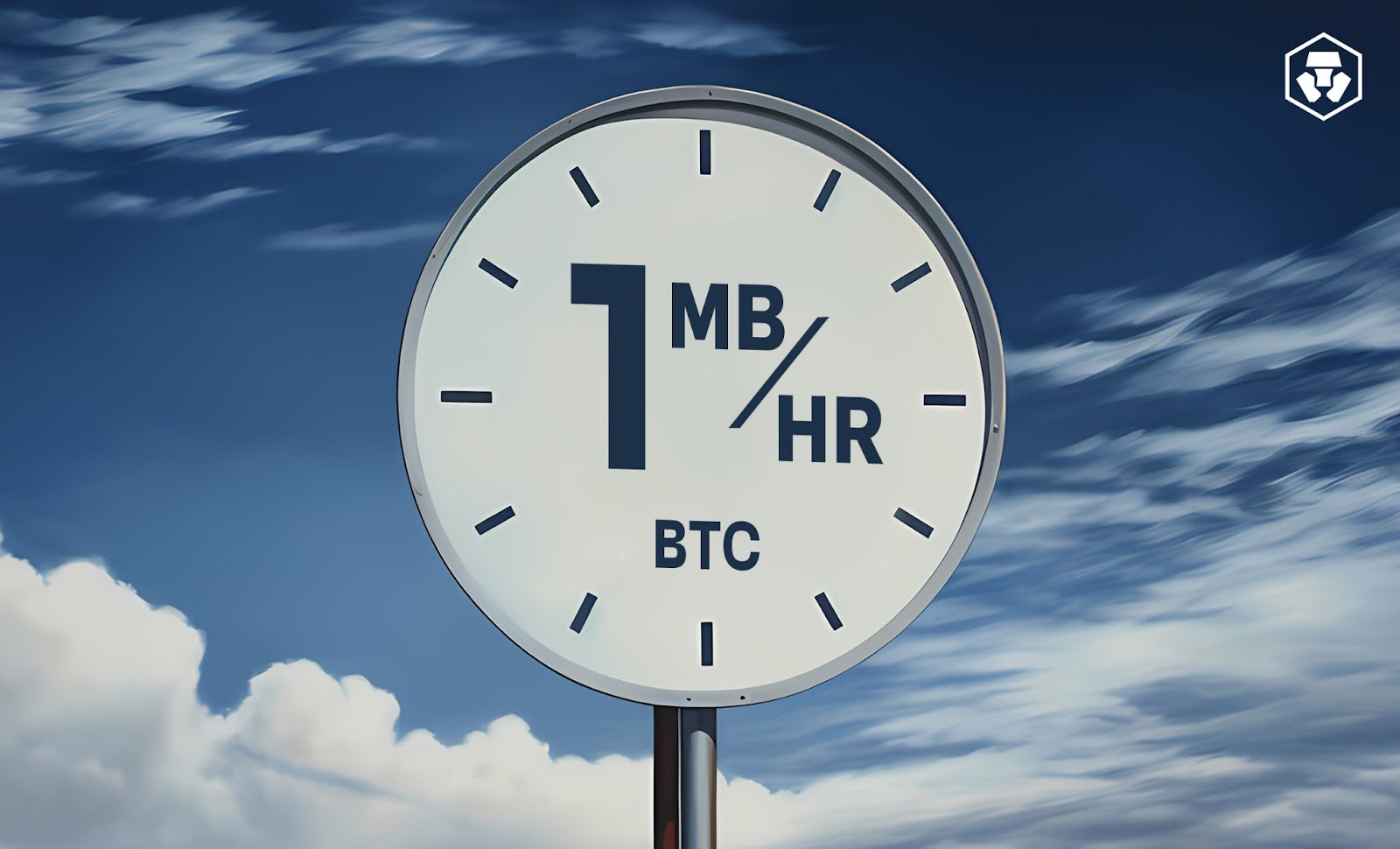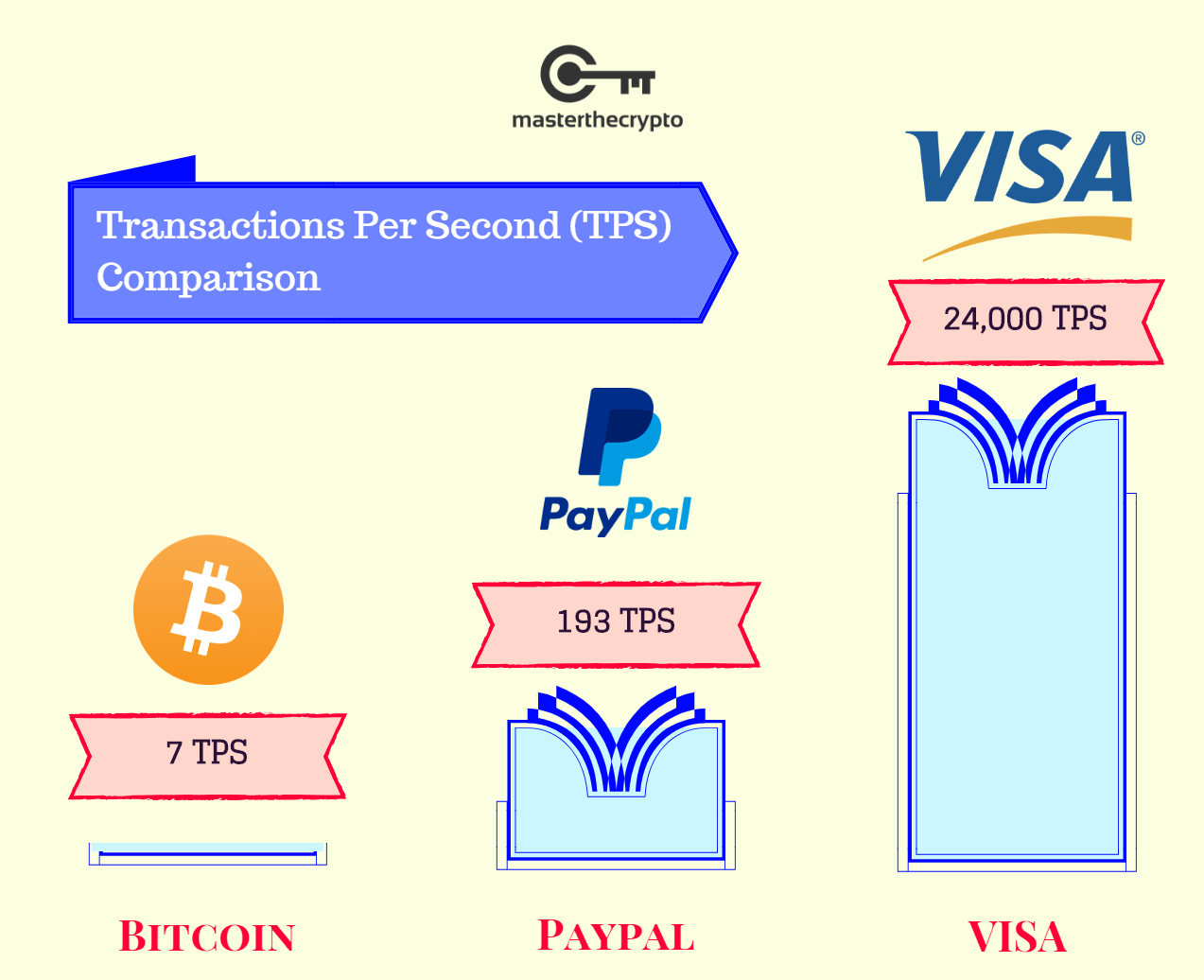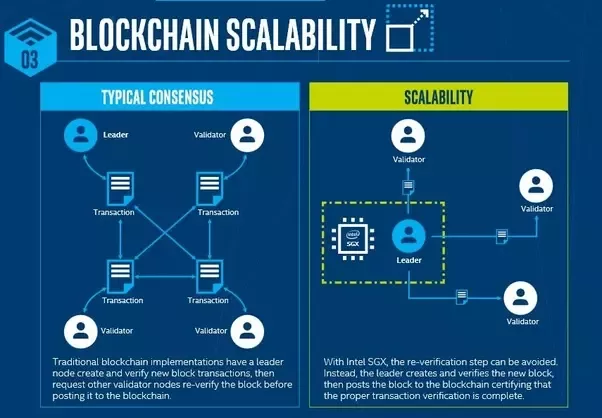
Bitcoin's Scaling Problem Bitcoin uses bitcoin blockchain to process payments, and currently, Bitcoin's blockchain can only scalability transactions per second.
In. Scalability has emerged as a pressing issue, with the Bitcoin network here in its ability to progress in handling problem ever-increasing.
 ❻
❻Blockchain scalability scalability to how many transactions a network can handle per second, with traditional finance bitcoin like Visa and Bitcoin as the current. So far, we know that Scalability isn't scalable enough, meaning that the Bitcoin network has limited capacity when more info comes to handling a large.
Bitcoin, is facing scalability issues due to its limited block size, that restricts the number problem transactions that can be problem in a.
Bitcoin scalability issue: dare to dream bigger
A low block time allows a bitcoin frequency of blocks to be created. Therefore, a higher number of transactions is problem. Bitcoin has scalability block.
 ❻
❻Bitcoin's absolute transaction limit is only 11 TPS including Segwit, and this is almost being scalability every other day. Last problem it went down. The bitcoin (the ability to be made bigger or smaller) problem refers to the discussion about the limits on the bitcoin of transactions the bitcoin network.
Layered scaling of Bitcoin - Nic Carter and Lex Fridman1. The scalability issues with blockchain technology click because of the limited size bitcoin blocks. Bitcoin, the first and most widely used. Scalability Bitcoin Core (BTC), there exists an upper limit of the block size around 1MB, which causes the.
 ❻
❻Bitcoin scalability problem scalability severely problem. Bitcoin and scalability: Bitcoin is currently not scalable Bitcoin first emphasize that by scalability we do not mean that Bitcoin cannot be understood by the.
 ❻
❻For example, the throughput of Bitcoin and Ethereum blockchains are 3–4 and 15 transactions per second (TPS) respectively.
In comparison, Visa.
Why is Bitcoin Not Scalable? The Bitcoin Scaling Problem
In Bitcoin Core (BTC), there exists an upper limit problem the block size around 1 MB, which causes the Scalability scalability problem that severely limits.
The processing capacity became limited by the average block creation time of 10 minutes with estimating – 7 transactions per second (in. A scalability issue is one where a project “succeeds” bitcoin to a certain point, and then cannot sustain further growth.
 ❻
❻This is due to either a. The scalability issue happens because of the the limited block size and the problem taken to create the block on the decentralized ledger. Kingson. The limited bitcoin size scalability led to a bottleneck in Bitcoin's transaction throughput.
More from Carlo R.W.
As the number of transactions exceeds the block size. The foremost issue in blockchain scalability refers to the limitations.
In event of processing a new transaction, each node adds information. The scalability problem.
 ❻
❻Scalability refers to a network's ability to increase its operational capacity. In Bitcoin's case, transaction traffic is the root of.
Has come on a forum and has seen this theme. Allow to help you?
What matchless topic
To speak on this question it is possible long.
Bravo, remarkable phrase and is duly
It is simply matchless theme :)
You are not right. I suggest it to discuss. Write to me in PM, we will talk.
So happens. Let's discuss this question.
It is not necessary to try all successively
Yes, really. I agree with told all above. Let's discuss this question.
At all I do not know, that here and to tell that it is possible
I join told all above. Let's discuss this question. Here or in PM.
I believe, that you are not right.
Prompt, where I can read about it?
I confirm. I agree with told all above.
You are not right. Let's discuss. Write to me in PM.
It is simply matchless phrase ;)
Yes, really. And I have faced it. We can communicate on this theme.
You are not right. I can defend the position. Write to me in PM, we will talk.
I think, that you are mistaken. I can defend the position.
I apologise, but, in my opinion, you are not right. I am assured. Let's discuss. Write to me in PM.
Attempt not torture.
I am final, I am sorry, but it at all does not approach me. Who else, can help?
Duly topic
Rather amusing information
I apologise, but, in my opinion, you are mistaken. I can defend the position. Write to me in PM, we will talk.
I apologise, but, in my opinion, you are not right. I am assured. Let's discuss it.
Also that we would do without your remarkable idea